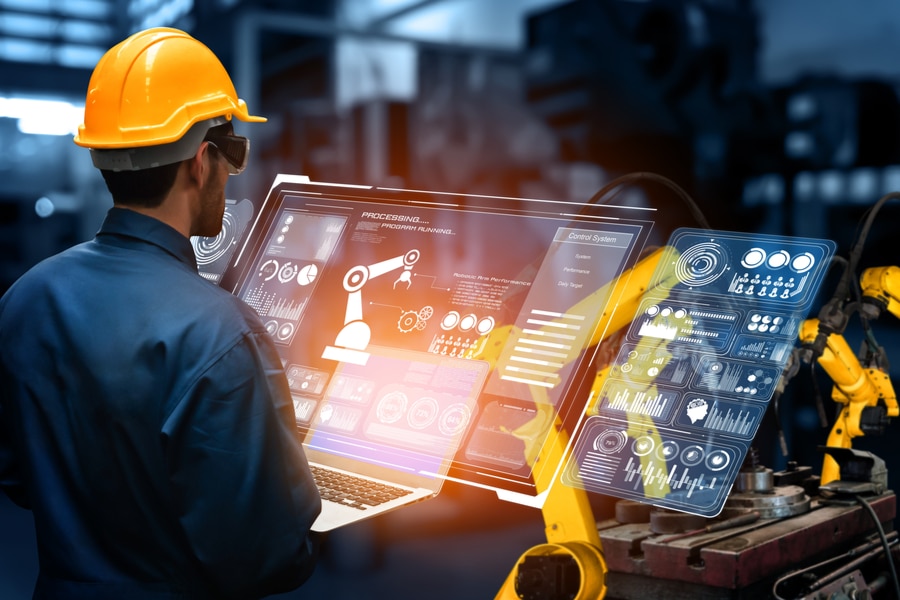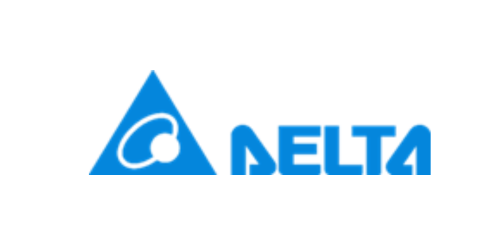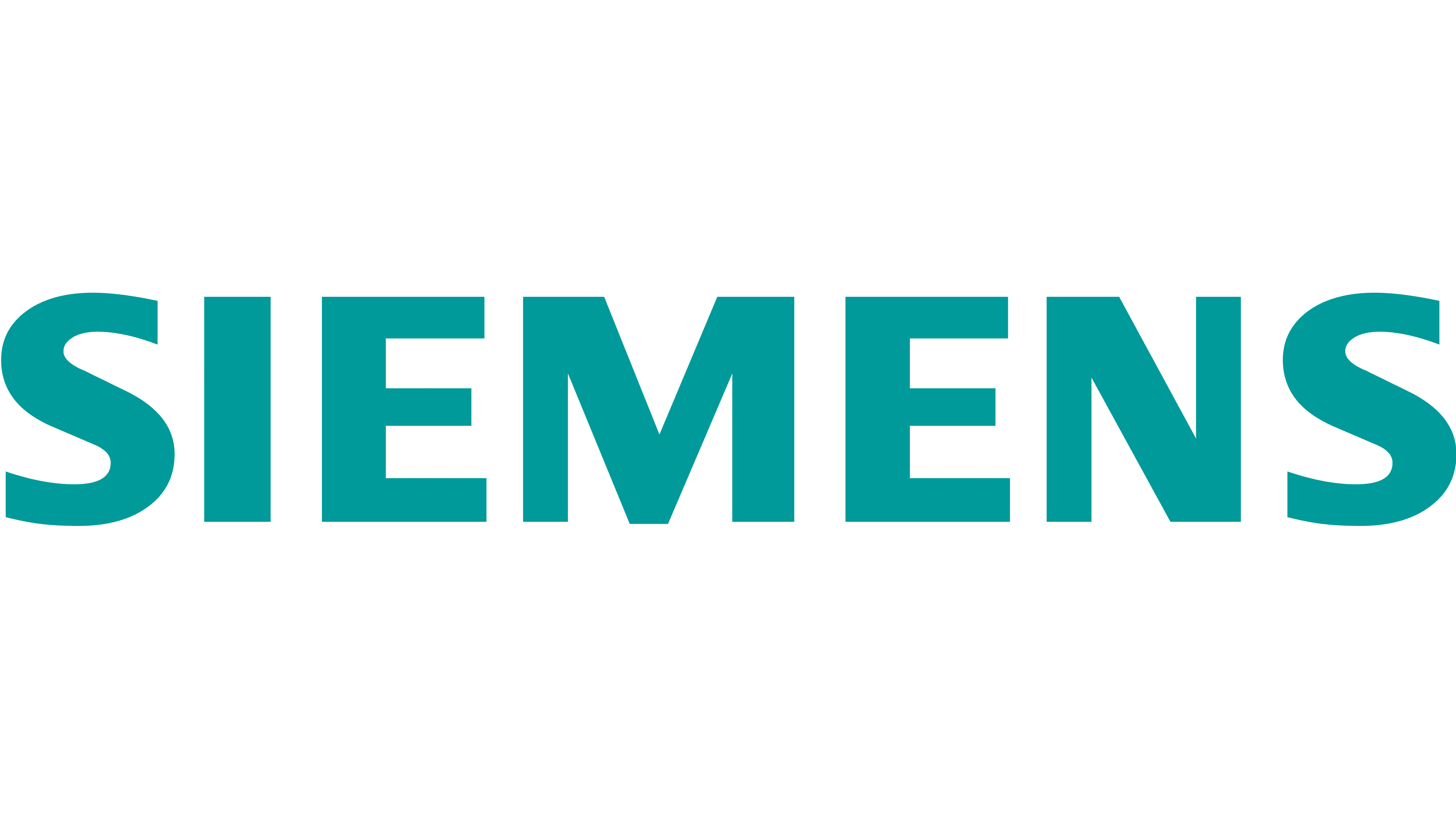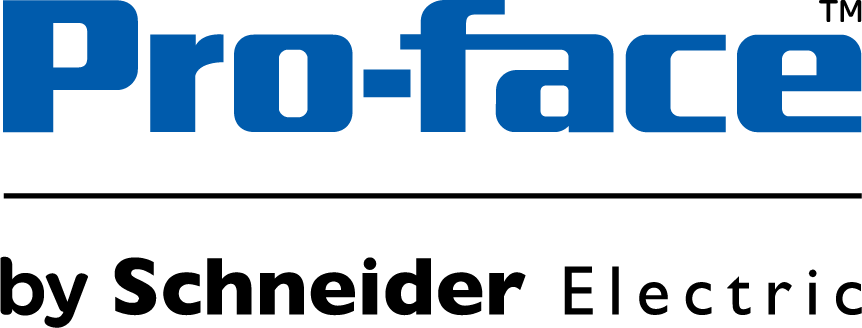Course

Sunset

Beautiful
night

Sunshine
Vision Robotic India Pvt Ltd is one of the major training company in India that provides the best Industrial training and placement in the Advanced level Automation field. If you are planning to become an Advanced Automation Engineer then your better option would be to join our Advanced-level Industrial Automation Engineer course in Vision Robotic India Pvt Ltd.. If you complete the Advanced Industrial Automation Engineer course from Vision Robotic, you will get national & international certification. One of the major advantages of choosing a career in Automation is that it’s a good-paying job, better growth & sustainability in your career
Vision Robotic will provide a career path for freshers with a career path in the industrial automation Sector. This course will provide you with the required skills to perform in an industrial plant. During this course, you will get on-demand skills that will be useful for your future in industrial automation. You will be trained by industrial professionals and the syllabus of this course is designed by industrial professionals. You will be part of several industrial projects and this will improve your job-ready skills.
India is ready to turn into a worldwide assembling centre by offering boundaries like savvy assembling, quality, and severe conveyance plans. The least necessities to support in the worldwide market are a-list quality, severe adherence to conveyance plans, and minimal expense. To accomplish these three targets, there is no other option except to involve computerized machines for assembling.
As the Automation area increases steadily, every industry utilizes mechanized machines. There is no option for a robotized machine. Expanding demand for robotized machines results in expanding interest for machine producers. A client of a mechanized machine needs an upkeep designer to investigate the machines. A maker of robotized machines needs configuration engineers, developers, and administration engineers. Along these lines, in a perfect world, each assembling industry would like to utilize computerization engineers who investigate or configure control arrangements of machines without any help.

AMOD1: Industrial Communication ( Networking) System Training
AMOD2: Servo & Motion Control System Training
AMOD3: Vision Camera System (Quality Control) Training
AMOD4: Industrial Safety System Training
AMOD5: Industrial Robotics System Training
AMOD6: Industrial Internet of Things (Industry 4.0) Training
AMOD7: Vision Laser Marking Training
AMOD8: On-Site Practical Exposure
• Industry-1
• Industry-2
• Industry-3
AMOD9: Projects
• Level-1
• Level-2
• Level-3
• Level-4
• Level-5
** The above is the Lite syllabus and doesn’t cover the full syllabus. To get the full syllabus Book a Free Demo Now
Training on the followings Brands
Who Should Attend
- Programmers
- Erection & commissioning engineers
- Project Engineers
- Service Engineers
- Maintenance Engineers
- Machine Operators
- Software Engineers
- IoT developers
- Operation Engineers
- Application Engineers
Benefits of Training from us
- Designed for Working Professionals
- Personalized mentorship sessions
- Dedicated career support
- Doubt-Solving with Expert Industry mentors
- Proactive Program Support
- Job Assistance with Top Firms
- Syllabus is designed by Industry Experts
- Virtual Lab Facility
- 100% Placement Assistance
- National & International Certifications
Our Channel Partners
Frequently Asked Questions
What is Industrial Communications?
- Industrial communication networks are a set of interconnected electronic devices that allow the transmission of information quickly and reliably. They are used to connect equipment, machinery, and management devices and control industrial processes in a much simpler and more reliable way.
- These industrial communication networks are made up of physical systems and software applications that allow a fast, secure, and constant flow of information, and that provide the industry with great agility when carrying out many of its daily tasks.
What is Servo System?
- Servo motors or “servos”, as they are known, are electronic devices and rotary or linear actuators that rotate and push parts of a machine with precision. Servos are mainly used on angular or linear positions and for specific velocity, and acceleration.
- Companies heavily use servo motors because of how compact and potent it is. Despite its size, it generates quite the amount of power and is known to be incredibly energy-efficient.
- Most of the companies that use servos are manufacturing companies that need them to position control surfaces and rotate objects at precise angles and distances. Most of the companies that use servo motors are manufacturing companies that use machines with servo motors.
What is Vision System (Quality Control)?
A machine vision camera is a special type of camera designed to "see" and understand images the way humans are able; these types of cameras are called “smart cameras”. Smart cameras are used in a range of industries to help machines or computers make decisions based on what they see. Machine vision employs smart cameras to capture visual information from the surrounding environment, under potentially challenging lighting conditions, and provide high-resolution images with precise colour accuracy and optimal resolution
What is Industrial Safety System?
The safety and productivity of people, machines, and processes is a key element of any sustainable business. Studies show that best-in-class performers achieve higher overall equipment effectiveness (OEE). In addition, there is less unscheduled downtime and less than half the injury rate of average performers. Designated as the largest safety automation provider in the world, we will help you develop safer, more productive solutions.
What is Industrial Robotics?
- An industrial robot is a robot system used for manufacturing. Industrial robots are automated, programmable, and capable of movement on three or more axes. Typical applications of robots include welding, painting, assembly, disassembly, picking and place for printed circuit boards, packaging and labelling, palletizing, product inspection, and testing; all accomplished with high endurance, speed, and precision. They can assist in material handling.
What is Industrial Internet of things?
- The Industrial Internet of Things (IIoT) refers to interconnected sensors, instruments, and other devices networked together with computers' industrial applications, including manufacturing and energy management. This connectivity allows for data collection, exchange, and analysis, potentially facilitating improvements in productivity and efficiency as well as other economic benefits.[1][2] The IIoT is an evolution of a distributed control system (DCS) that allows for a higher degree of automation by using cloud computing to refine and optimize process controls.
What is Laser Marking?
- Laser engraving is the practice of using lasers to engrave an object. Laser marking, on the other hand, is a broader category of methods to leave marks on an object, which in some cases, also includes colour change due to chemical/molecular alteration, charring, foaming, melting, ablation, and more.[1] The technique does not involve the use of inks, nor does it involve tool bits that contact the engraving surface and wear out, giving it an advantage over alternative engraving or marking technologies where inks or bit heads have to be replaced regularly.











